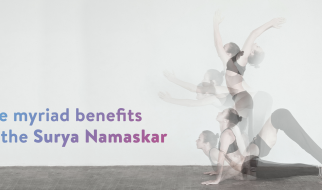The specific sociological attribute of our time is an obsession with self-care and wellbeing, alternative therapies, and managing anxiety.
It?s a perfect time to look for a natural cure that may make your life easier and deal with it at once.
Due to rising demand for natural stuff, cannabis compounds, like CBD and THC, are becoming popular. If you ever considered taking cannabinoids, you could be afraid to feel Dazed and Confused or experience any other effects of being high ? uncontrollable laugh, heightened senses, or feeling of content bliss.
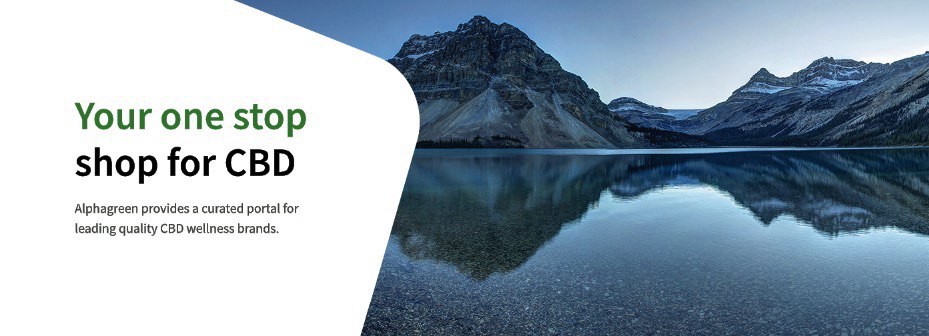 Get your personalised CBD selection
Get your personalised CBD selection
Let?s sort this mess out and see if CBD or THC can make you feel high or do good to your health.
What it?s like to feel high?
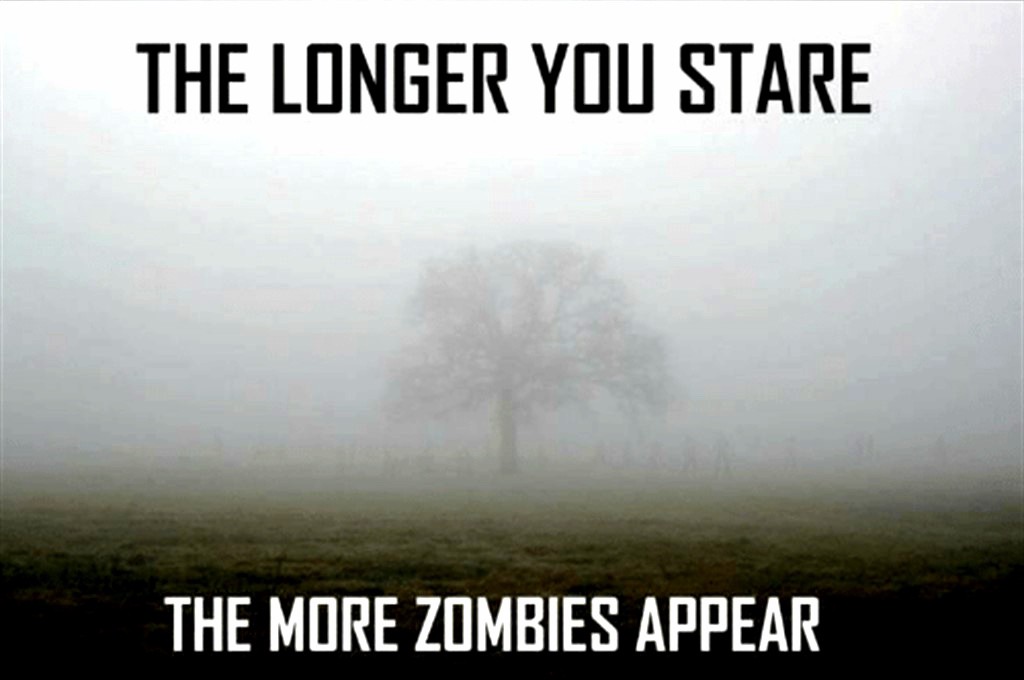
?The longer you stare, the more zombies appear?.
It is not only a popular meme but also a state of mind when feeling high or stoned. Smoking or vaping such a substance as marijuana can make you feel happy and relaxed. Your vision gets sensitive, music sounds terrific, and any food tastes yummy. You want to talk, dance, and have sexual intercourse at the same time. Time passes slowly, and you don?t care what?s going on around you.
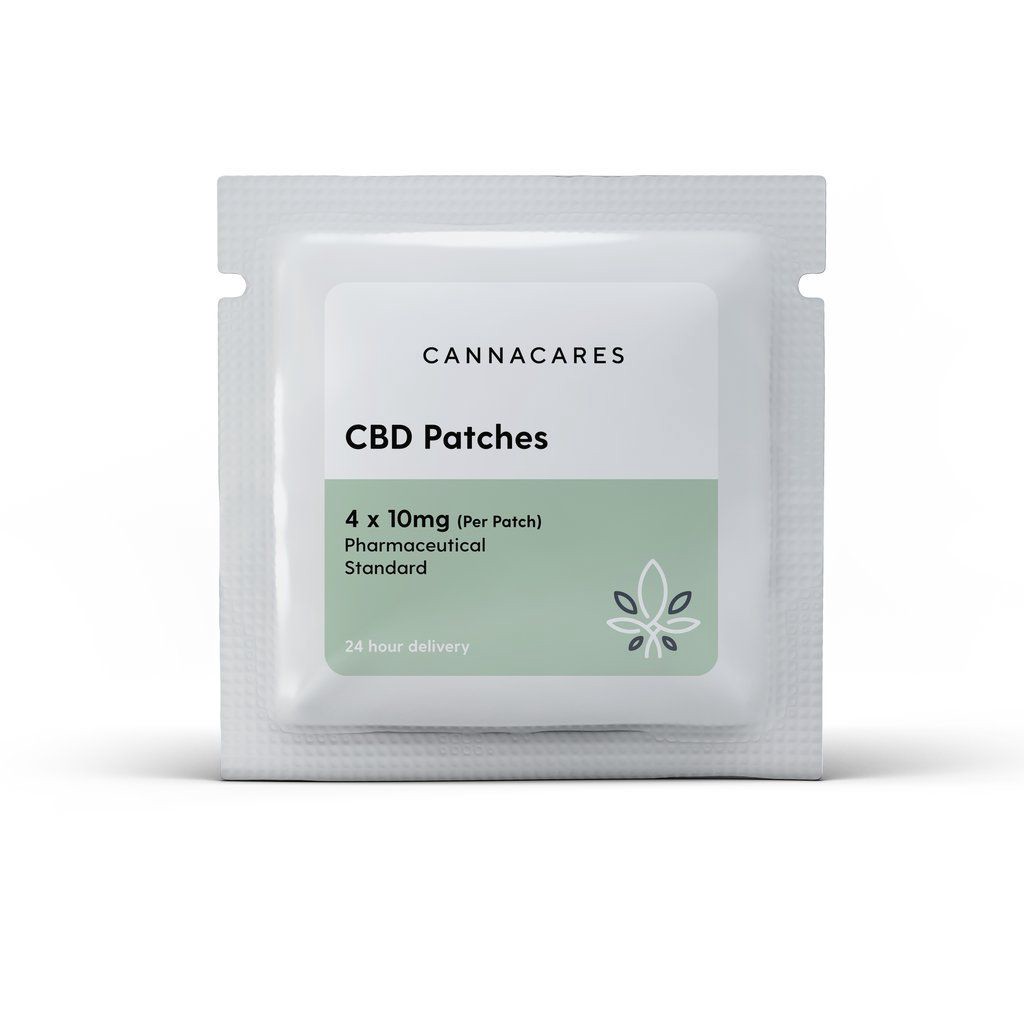 Cannacares CBD transdermal patches (9.99) are great at treating localised pain. Or if you experience pain if you?re sitting for long periods of time. Equally, people can experience muscle tension pain daily from long-distance driving. Or even in jobs where you?re required to sit or stand ? for long periods of time. Tension can occur if you don?t regularly stretch or exercise. Also, bad posture plays a contributing factor. So simply apply a patch to clean the area of your skin to experience the benefits from this powerful plant!
Cannacares CBD transdermal patches (9.99) are great at treating localised pain. Or if you experience pain if you?re sitting for long periods of time. Equally, people can experience muscle tension pain daily from long-distance driving. Or even in jobs where you?re required to sit or stand ? for long periods of time. Tension can occur if you don?t regularly stretch or exercise. Also, bad posture plays a contributing factor. So simply apply a patch to clean the area of your skin to experience the benefits from this powerful plant!
And there?s always a day of reckoning and less-desirable effects after that. This state can lead to unpleasant feelings:
- altered senses
- racing heartbeat
- hallucinations and mood changes
- impaired movement and memory
- nausea and vomiting
- problem-solving difficulties
- paranoia
However, this effect depends on many factors ? your age and gender, the way you consume the substances, whether a man takes them daily and add other drugs or not.
To know if THC and CBD can make you euphoric, let?s start from the very beginning ? what are these chemicals and how they interact with your body.
What are THC and CBD?
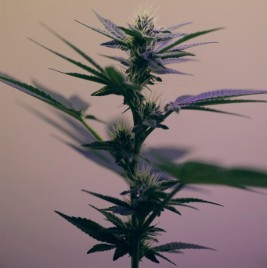
CBD (cannabidiol) and THC (tetrahydrocannabinol) are the most common chemicals found in cannabis plants. Each plant has more than 100 of these compounds called cannabinoids. THC and CBD are both derived from marijuana and hemp. Marijuana has much more THC than hemp, while hemp contains a lot of CBD.
CBD and THC are chemical twins; they have the same formula ? 21 carbon atoms, 30 hydrogen atoms, and two oxygen atoms. The only difference is the atoms? arrangement. The molecular structure gives each of them unique pharmacological properties. Once released into a body, they behave differently and travel in different directions. There is a system in your body, which they affect mostly. Curious to find out? Keep reading.
What is an endocannabinoid system?

Your body is a complex structure and usually runs smooth, but may unravel at any minute. Feel unbalanced? Blame your endocannabinoid system.
This delicate network of cannabinoid receptors keeps the homeostasis or internal stability of all physiological functions. The system regulates metabolism, mood, digestion, sleep, immunity, heart function, and temperature.
Cannabinoid receptors are spread on cells around the body. Two main cannabinoid receptors are called CB1 and CB2. They occupy different areas.
CB1 receptors are made of G proteins and found mainly in the brain and the central nervous system. Receptors are liable for motor functions, stress response, pain perception, and memory. CB1 receptors are activated by endogenous neurotransmitters as well as naturally occurring ones, such as the phytocannabinoids.
CB2 receptors are concentrated mainly in the body organs, mainly on white blood cells, in the tonsils and the spleen, which are responsible for the cardiovascular, immune, and muscular systems.
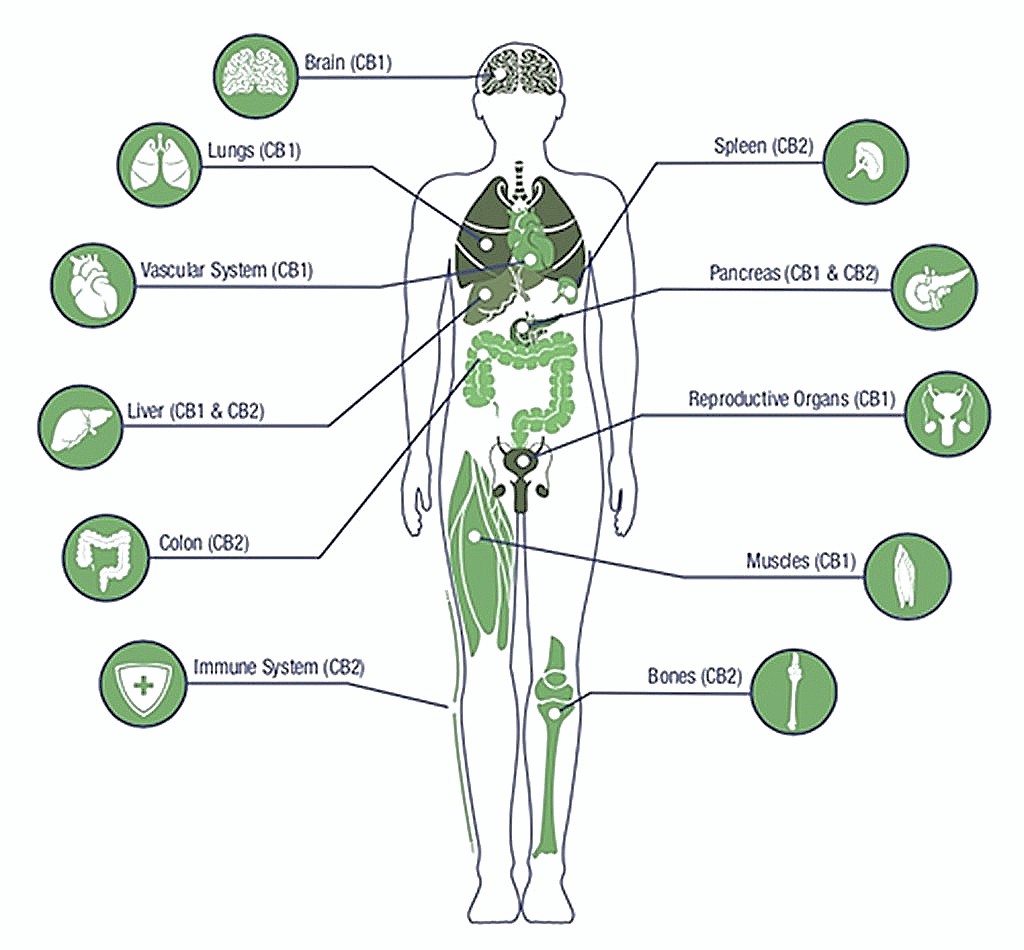
The body synthesizes its cannabinoids, called endocannabinoids, naturally. Endocannabinoids act as neurotransmitters to interact with the cannabinoid receptors and be used for the body?s regulatory functions.
And this is where the fun begins!
How THC and CBD affect your body?
THC binds with both CB1 and CB2 receptors but has a higher affinity for CB1. Once it gets into your body, it attaches to them and overwhelms the endocannabinoid system. As long as they meet, it interferes with the chemical signals between neurons and your natural cannabinoids ? endogenous ones. THC activates CB1 receptors and increases blood flow to the prefrontal cortex of the brain. You can read the full material here: Neuroimaging in cannabis use. It may activate cognitive changes such as decision-making, attention, and motor skills.
THC binds to CB1 receptors and activates the brain?s reward circuitry, which affects emotional and memory functions. For further information, check the link: Marijuana and cannabinoid regulation of brain reward circuits. Remember what made you eat a pack of chips instead of salad? Now you know how it works.
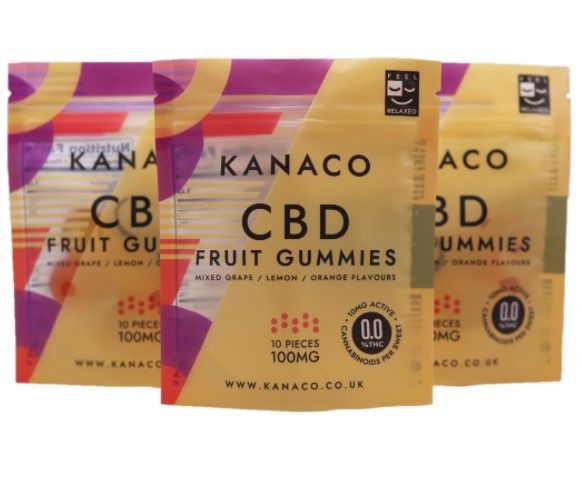 Kanaco CBD gummies bundle deal is a cost-effective way to purchase three packs of fast-acting colourful and tasty gummies and get the 3rd at a half price. Chewing CBD gummies is both delicious and effective: CBD will provide needed relief and unwind while 100% natural snack will supply needed CBD dose.
Kanaco CBD gummies bundle deal is a cost-effective way to purchase three packs of fast-acting colourful and tasty gummies and get the 3rd at a half price. Chewing CBD gummies is both delicious and effective: CBD will provide needed relief and unwind while 100% natural snack will supply needed CBD dose.
CBD has no strong affinity for cannabinoid receptors. It has fun with the endocannabinoid system but more peripherally and subtly. CBD inhibits protein molecules in cells called enzymes, which break down natural cannabinoids of your body ? endogenous ones. This kind of behavior is called a non-competitive allosteric modulator, which means it changes the CB1 receptor?s shape. This makes it increasingly hard for CB1 agonists, such as THC, to stimulate the receptor.
Feel scared? Don?t be, keep reading.
Does THC or CBD make you high?

THC is a psychoactive compound: it attaches to the receptors found within the brain along with CB1 receptors and activates them. The intoxication causes euphoria sensation, short-term memory loss, and other harmful effects mentioned earlier.
CBD is also a psychoactive compound, as it somehow manipulates your brain. The difference is that it doesn?t activate CB1 receptors and therefore has no intoxicating effect. High concentrations of CBD in a consumed product such as CBD oil or taking more than recommended might cause an uplifting sensation. However, that?s not the same thing as being stoned. High doses of CBD could be a reason for some side effects, such as dizziness, nausea, or diarrhea. This is far from getting high.
How do THC and CBD affect each other?
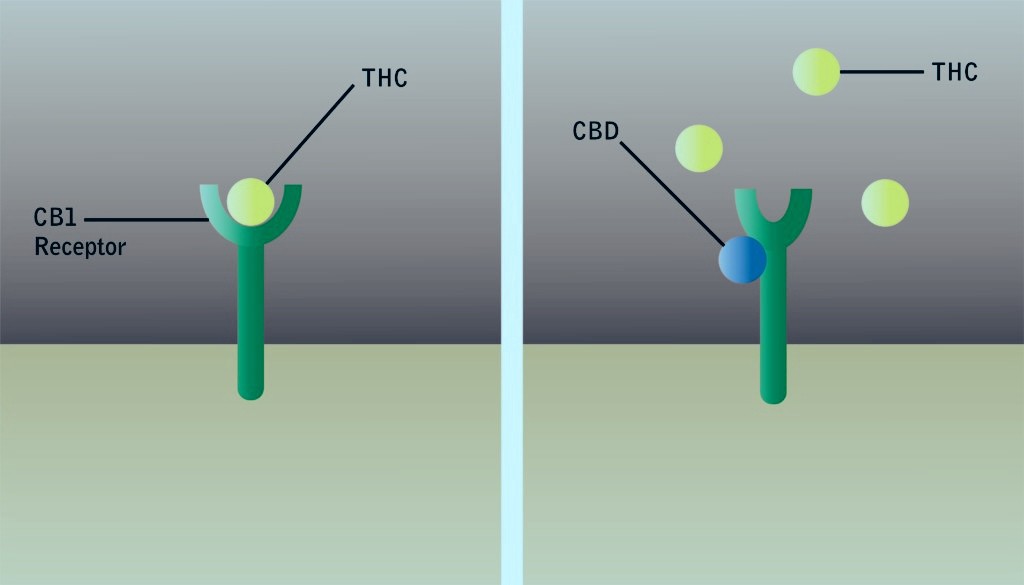
Let?s see what happens when these two guys collaborate:
- CBD inhibits or balances THC negative effect
In THC presence CBD tends to hinder CB1 activation and diminish THC effect. In the case of a high, it goes more gently. CBD can prevent paranoid symptoms, inhibit psychotic-like symptoms, and schizophrenia-like symptoms.
A study involving rats proved this effect. There is a molecule in the brain?s hippocampus called extracellular-signal-regulated kinase (ERK). It triggers side-effects such as anxiety or paranoid and addictive behavior.
Rats who were given just THC acted timid and anxious. Their ERK went into overdrive and activated a signaling ?cascade? in the brain. The bigger THC dose they got, the more they freaked out, clung to the cage edges and were afraid to stay in the open space.
Rats, given both CBD and THC, had normal levels of ERK activity, behaved less anxious, and seemed quite happy to spend time at front and center in their cages. Even though it?s hard to apply results from a rat study to humans, it helps to understand the unique interaction between these chemicals. These findings have essential implications for prescribing cannabis and long-term cannabis use and using marijuana to treat chronic pain.
- CBD enhances THC positive effect
CBD may affect THC not only via CB1 but also through different action places in the brain. It makes THC to enhance its pain relief. As THC activates CB1 receptors in the pain-control area of the brain, it acts as an antioxidant with anti-inflammatory and neuroprotective benefits.
- ?Entourage effect? takes place
?Entourage? is an effect activated by consuming cannabis products that contain both THC and CBD and other cannabinoids. Due to these chemicals may work together like one and produce a more significant impact than if acting separately. Other cannabinoids that may engage in the game are cannabichromene (CBC), cannabinol (CBN) and cannabigerolic acid (CBGA). They may enhance, hinder, prolong THC effects. These lesser-known compounds may trigger some of cannabis? most well-known side effects.
Terpenes, organic hydrocarbons that give cannabis a distinct flavor and aroma, have also proven to activate ?entourage effect.? Check this study to learn how the ?entourage effect? helps to reduce chronic pain and inflammation.
- CBD dosage makes a difference
Low CBD dosage can enhance the intoxicating effects of THC, but a high CBD dosage diminishes the adverse effects of THC. Please check the proof in the latest study. The findings are crucial to define the proportions of THC and CBD in the cannabis plant, whether used medicinally or just for fun.
For example, if the ratio CBD: THC is 0:1, it will cause a strong high effect along with side effects. Ratio 1:1 will induce relaxation and light high effects. Consuming compounds at a 1:0 ratio will have a therapeutic effect and give no high.
What are the THC and CBD benefits?
THC and CBD are used medicinally for different reasons.
The World Health Organization states that CBD may be of benefit to people who have Parkinson?s, Huntington?s, and Alzheimer?s disease in addition to Multiple Sclerosis and epilepsy treatment.
CBD tends to be used as a supplement and has benefits such as:
- Anti-seizure, anti-inflammatory, anti-tumor, analgesic, and antipsychotic effects
- Treatment of inflammatory bowel disease
- Treatment of depression
THC might be useful for conditions, such as:
- Multiple sclerosis pain
- Nerve pain
- Nausea
- Appetite loss
- Glaucoma
- Insomnia
- Anxiety
- Muscle spasms and muscular spasticity
For clarity and ease of understanding, please have a look at the picture:
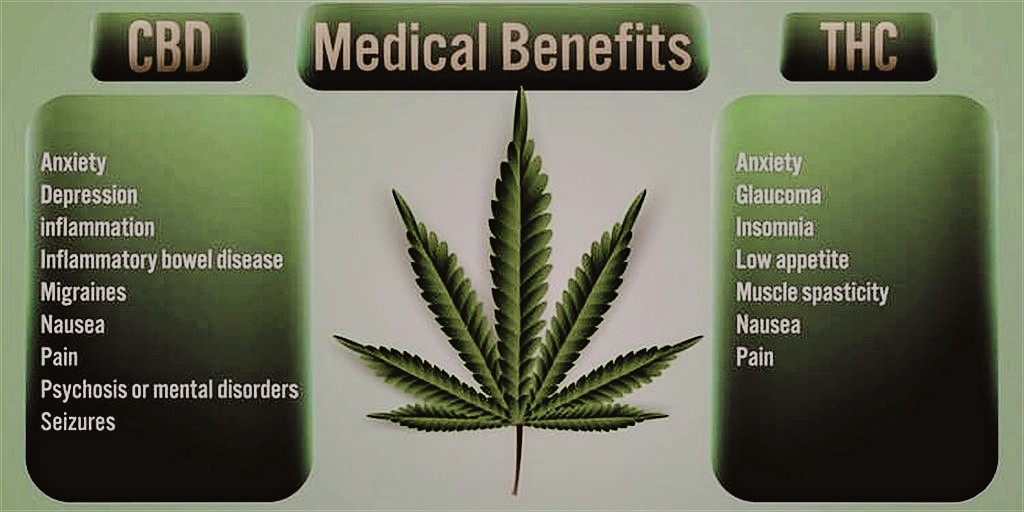
However, THC may cause side effects such as concentration issues, dizziness, vomiting, drowsiness, and memory problems. CBD usage may also produce adverse effects. Still, researches indicate that any of them are more likely the result of the drug to drug interaction between CBD and other medicines that a person is taking.
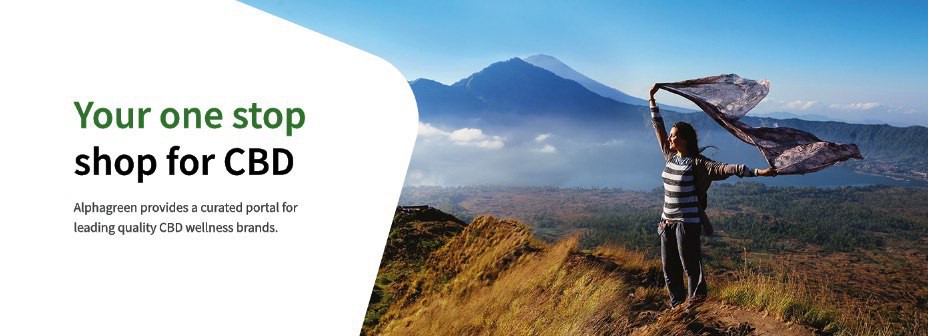 Explore the best CBD brands in the world
Explore the best CBD brands in the world
It?s important to keep in mind that the compounds? storage affects their medical benefits. For example, TCH is known for binding to glass and plastic. That?s why THC products of good quality are usually stored in organic solvents, such as alcohol tinctures. They may also be stored within glassware made of amber silicate to avoid the components leaching and loss of medicinal benefits.
The conclusion
So let?s sum up what we learned today. There is an endocannabinoid system inside each of us. If it?s stable, all physiological functions run like clockwork. THC and CBD are cannabis compounds that affect the system and are consumed medically and recreationally. In order not to get high and avoid any negative side effects, you need to check it with your doctor, consider the drugs regimen, keep the right THC: CBD ratio and store them properly.
Take care and be well.
Verified by a Healthcare Professional
Anastasiia Myronenko

Anastasiia Myronenko is a Medical Physicist actively practicing in one of the leading cancer centers in Kyiv, Ukraine. She received her master?s degree in Medical Physics at Karazin Kharkiv National University and completed Biological Physics internship at GSI Helmholtz Centre for Heavy Ion Research, Germany. Anastasiia Myronenko specializes in radiation therapy and is a fellow of Ukrainian Association of Medical Physicists.
This article includes the promotion of products and services sold on Alphagreen and affiliate links to other businesses.
Alphagreen and its materials are not intended to treat, diagnose, cure or prevent any disease. The information and products presented on this site are not intended for medical use nor do they make any medical claims. Always seek the advice of your physician or another qualified healthcare provider for any questions you have regarding a pre-existing medical condition, are pregnant and/or are breastfeeding, and before undertaking any diet, exercise or another health-related program.
Links:
https://www.healthline.com/health/what-does-it-feel-like-to-be-high
https://www.urbandictionary.com/define.php?term=HiGH
https://www.webmd.com/pain-management/cbd-thc-difference#1
https://medium.com/@geniuscbd/thc-and-cbd-whats-the-difference-45a3deb57a87
https://www.genius-labs.com/endocannabinoid-system/
https://www.jneurosci.org/content/39/44/8762
https://www.healthline.com/health/does-cbd-get-you-high#cbd-oil
https://cbdclinicals.com/cannabis-vs-cbd/
CBD vs THC Revealed | What is the Difference?
CBD and THC are the two most abundant of the many cannabinoids found in cannabis. Both THC and CBD interact with the?
www.medicalmarijuanainc.com
https://alphagreen.io/


